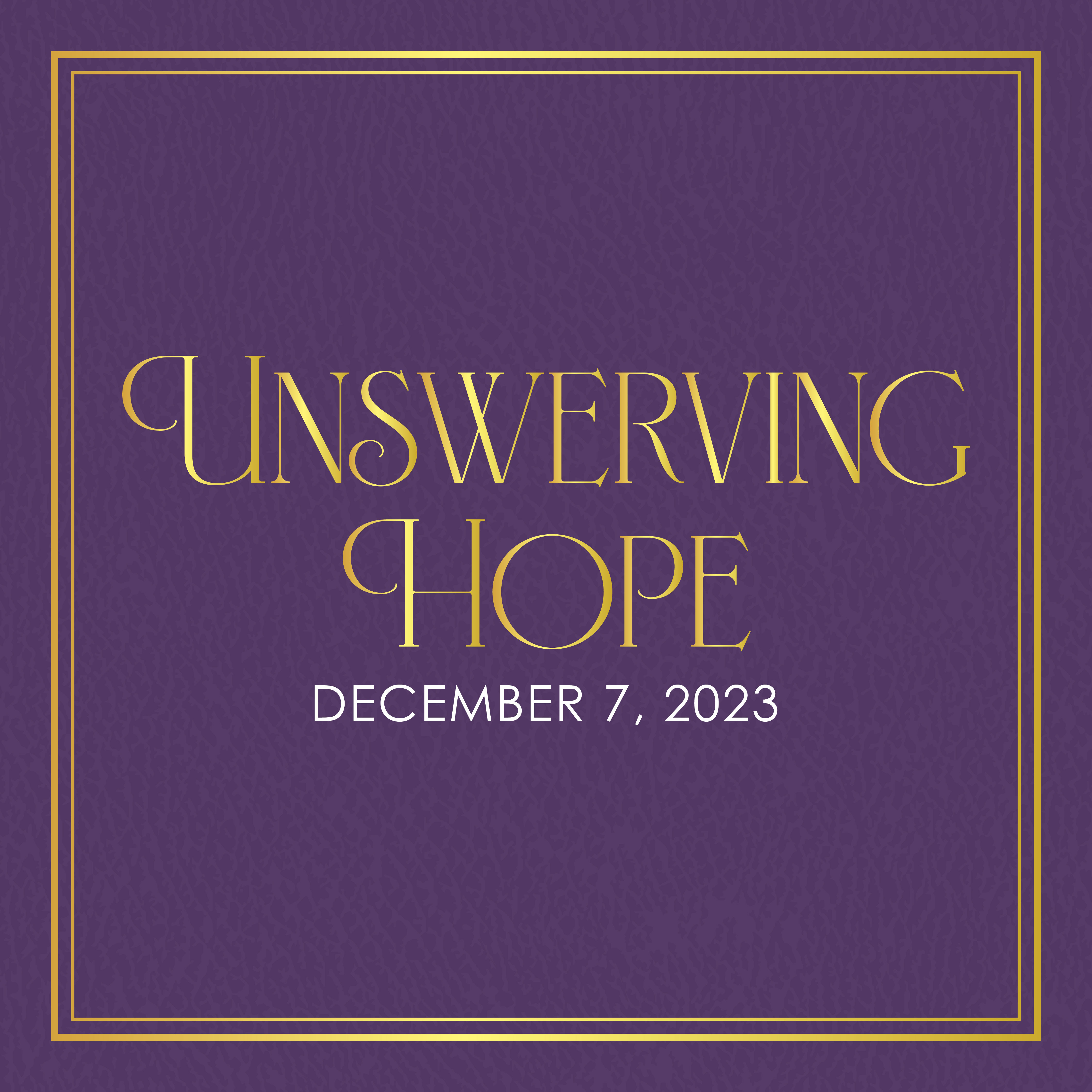
Let us hold unswervingly to the hope we profess, for He who promised is faithful.
—Hebrews 10:23
I always enjoyed Christmas, even before I was a Christian. I didn’t have to believe in God to enjoy the bright lights and good food, and people in December just seemed kinder or more hopeful than they did the rest of the year. After coming to know Jesus Christ as my Savior, my understanding of the holiday transformed. Lights shining in the darkness and family breaking bread around a table took on new meaning. I began to understand the foundation of the hope that the Christmas season seemed to inject into humanity.
It wasn’t until I had a child of my own, however, that I began to really understand the beauty of Advent—a season of awaiting and welcoming a Savior who entered the world as an infant. There’s something joyful and hopeful about the birth of every baby. Babies are new beginnings and innocence. When Gabriel appeared to Mary, the mother of Jesus, and told her that the child in her womb would be the salvation God had promised, the hope could only have been sweeter. Gabriel told Mary that Jesus would be the fulfillment of God’s promises to His people: Jesus would be great, and He would be called the Son of the Most High. Jesus would receive the throne of David and reign over a kingdom without end. The Gospel of Luke tells us that Mary received this news and rejoiced in God her Savior, seeing at last Israel’s hope of salvation coming into the world.
Despite this profound message and Mary’s belief in God’s promises, being the mother of Jesus must have involved a fair amount of confusion and difficulty. What is a new mother to make of shepherds sent by a heavenly host, wise men guided by a new star, a flight to Egypt to escape a blood-thirsty tyrant? Imagine her worry, losing the boy Jesus and then finding Him in the temple. Imagine her consternation when she found Him, and He responded to her concern by wondering why she was looking for Him and telling her things she did not understand. The hope Mary felt when she heard Gabriel’s message must surely have taken a hit when Jesus’ ministry began to face public opposition and she sought Him out only to have Him distance Himself from her, asking, “Who are my mother and brothers?”
Whatever hope Mary felt must have been nearly gone as she wept at the foot of the cross, mourning her first-born son. His death was more than a personal tragedy to her. With Jesus dead, how could God fulfill His plan to make Jesus great and appoint Him to reign over a kingdom that would never end? I have a feeling, though, that despite the grief and uncertainty of the crucifixion, somewhere in a corner of Mary’s heart, she held onto the hope that seemed so strong while she was awaiting Jesus' birth. Through her tears, maybe she remembered the time more than thirty years earlier when she sang, “My soul magnifies the Lord, and my spirit rejoices in God my Savior, for He has looked on the humble estate of His servant,” and “He who is mighty has done great things for me, and holy is His name.”
Of course, we know the story doesn’t end at the cross. Jesus did not stay in His tomb. God kept His word. Mary eventually saw the light that came into the world at Jesus' birth was not extinguished by the darkness of the cross.
Advent is an opportunity to reflect on Mary’s journey of faith and hope. I’m inspired to remember that even when things are at their darkest—when I’m struggling to remember my belief in God’s promises and trust in His provision—I can hold unswervingly to the hope of Jesus because He who promised is faithful.
— Angela Spoede





